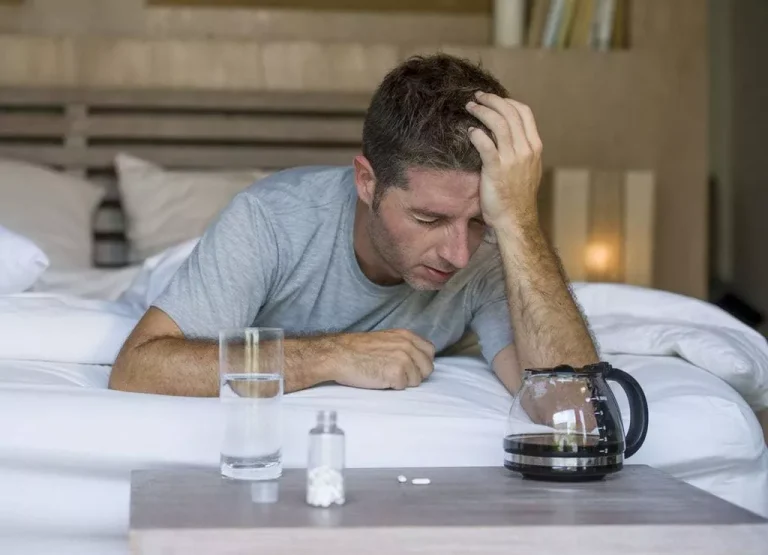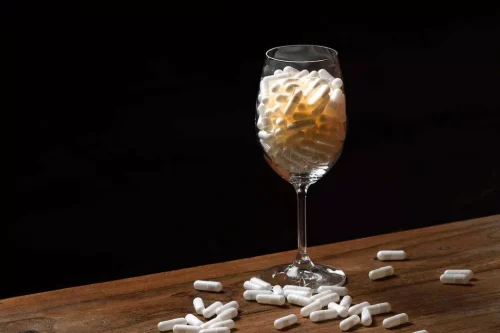Does Alcohol Weaken the Immune System? Yes, If You Drink Too Much

The immune system is how your body defends itself from infections — like harmful bacteria and viruses — and prevents you from getting sick. But just like a muscle, the immune system can become weak and fail to protect you against infection as well. You can lower the risk of alcohol impacting does alcohol weaken your immune system your immune system by drinking less. Even drinking a little too much (binge drinking) on occasion can set off a chain reaction that affects your well-being. Lowered inhibitions can lead to poor choices with lasting repercussions — like the end of a relationship, an accident or legal woes.
- Engaging in stress-reducing activities such as meditation, yoga, or hobbies can help boost immune function.
- Meadows and Zhang discuss specific mechanisms through which alcohol interferes with the body’s immune defense against cancer.
- Some of the most notable contributors to the innate immune response include natural killer (NK) cells, neutrophils, monocytes, macrophages, and dendritic cells (DCs).
- The PVN regulates pituitary hormone production, including adrenocorticotropic hormone (ACTH), which binds to melanocortin type 2 receptors in the adrenal cortex to induce steroidogenesis in distinct layers (Dringenberg, Schwitalla et al. 2013).
- In contrast, no alterations in ethanol intake after adrenalectomy and following corticosterone injection were observed in the ANA rats.
- You can also contract the virus if you touch a surface that has the virus on it.
How Does Alcohol Consumption Affect the Immune System?

Although the innate immune response is immediate, it is not specific to any given pathogen. Some of the most notable contributors to the innate immune response include natural killer (NK) cells, neutrophils, monocytes, macrophages, and dendritic cells (DCs). If you drink every day, or almost every day, you might notice that you catch colds, flu or other illnesses more frequently than people who don’t drink. That’s because alcohol can weaken your immune system, slow healing and make your body more susceptible to infection. Pancreatitis can be a short-term (acute) condition that clears up in a few days. But prolonged alcohol abuse can lead to chronic (long-term) pancreatitis, which can be severe.
Alcohol and the hypothalamic-pituitary-thyroid axis
— when alcohol enters the scene, it can potentially derail our superhero squad, wreaking havoc in the immune system and undermining its effectiveness. When alcohol damages the gastrointestinal tract’s barrier, bacteria and toxins can enter the bloodstream easily, potentially leading to septicemia and sepsis. The World Health Organization (WHO) and U.S. surgeon general have warned people to avoid drinking too much alcohol during the COVID-19 pandemic. For those who have a risk factor for COVID-19, like heart disease or diabetes, he recommends drinking even less. One study found that people who got less than 7 hours of sleep were nearly three times more likely to develop a cold compared with those who got 8 or more hours of sleep. According to the Cleveland Clinic, once you take a sip of alcohol, your body prioritizes breaking down alcohol over several other bodily functions.
- Which can mean your immune system can struggle to keep up with its day-to-day work, let alone have the energy and resources to fight off viruses and bacteria.
- Using the laboratory rats, we have shown that ethanol increases plasma PRL levels and pituitary weight in cyclic female rats and ovariectomized rats87, and promotes estradiol-induced development of prolactinomas88.
- Considerable evidence, from human and animal studies, has shown that alcohol administration affects the HPA-axis activity.
- Together GH and IGF-I regulate important physiological processes in the body such as, postnatal growth and development, carbohydrate and lipid metabolism96.
Ethanol Metabolism

Contact Gateway Foundation to learn more about how we can help you or your loved one pursue recovery. The respiratory tract contains cilia, =https://ecosoberhouse.com/ which are microscopic projections that move the mucus toward the throat. Alcohol impedes ciliary function in the respiratory system’s upper airways, allowing mucus to enter the lungs, which can lead to pneumonia. Alcohol also impairs immune cell function and weakens epithelial barrier function in the lower airways, which can cause bacterial respiratory infections. The spike in alcohol sales has alarmed health experts and officials around the world, who are concerned that increased drinking could make people even more vulnerable to the respiratory disease. According to Favini, a moderate amount of drinking — one drink per day for women, and two drinks per day for men per the United States Dietary Guidelines for Americans — is generally safe for people in good health and unlikely to have a negative effect on their immune systems.
Health Categories to Explore

Interestingly, histological examination of the pituitary gland of one monkey showed apparent pituitary hyperplasia 86. Using the laboratory rats, we have shown that ethanol increases plasma PRL levels and pituitary weight in cyclic female rats and ovariectomized rats87, and promotes estradiol-induced development of prolactinomas88. Therefore, the clinical data as well as animal data suggest that ethanol consumption is a positive risk factor for prolactinomas and hyperprolactinemia. Some studies suggest that moderate alcohol consumption may have some positive effects on the immune system, such as reducing the risk of certain infections and diseases. Secondly, alcohol disrupts the balance of gut bacteria, known as the gut microbiome. The gut microbiome plays a crucial role in immune function, and any disruption can lead to an increased risk of infections and diseases.
However, common sense informs us not to drink when we have any active infection. Although you may experience some enjoyable effects from alcohol, you are likely aware of the potential harm over-consumption can do to your body. We have long heard about how alcohol can impair our motor skills, judgment, state of consciousness, and, of course, our liver. Because our body sees alcohol as a toxin, something dangerous to remove as quickly as possible, the liver prioritizes processing it above everything else.
- Within the GI tract, alcohol exposure can also alter the number and abundance of microorganisms present within the microbiome, all of which play an important role in normal GI function.
- Because alcohol can potentially contribute to a number of surgery complications depending on your level of use and the type of surgery, your surgeon may require that you reduce the amount of alcohol you drink or stop drinking alcohol for a set timeframe before planned surgery.
- Though there’s still limited data on the link between alcohol and COVID-19, past evidence shows alcohol consumption can worsen the outcomes from other respiratory illnesses by damaging the lungs and gut, and impairing the cells responsible for immune function.
- “Anything above that, regardless of time period, is exposing your body to more alcohol than is ideal,” says Favini.
- Costly requirements such as dedicated facilities to house the animals, experienced personnel to perform specialized procedures, and compliance with high standards of care must be considered.
How Alcohol Impacts Your Immune System
It is beleived that diminished opioid activity, which is either the result of alcoholism or genetically linked to the risk of alcoholism, could induce hypercortisolemia, alter mesolimbic DA production, and lead to abnormal ethanol reinforcement32, 33. The immune system plays a crucial role in protecting the body from infections and diseases. Alcohol consumption can weaken immune function, making the body more susceptible to illnesses. However, there are strategies and services like alcohol addiction treatment available to help individuals boost their immune system and counteract the negative effects of alcohol consumption. The negative impact of alcohol on the immune system can have serious consequences for overall health. Individuals who consume excessive amounts of alcohol are more susceptible to infections, such as pneumonia and Halfway house tuberculosis.

Drug and Alcohol Effects on the Immune System
In a subsequent study the same authors found that intracerebroventricular infusions of corticosterone restore ethanol intake in adrenalectomized animals to levels similar to sham-operated controls 29. These data suggest that differences in the activity of the HPA axis may help determine whether certain individuals are at high risk for developing alcohol-related disorders and alcoholism. Not only does the immune system mediate alcohol-related injury and illness, but a growing body of literature also indicates that immune signaling in the brain may contribute to alcohol use disorder.
Alcohol intake kills this bacteria, hindering the body’s ability to clear pathogens. Without healthy gut bacteria, viruses and infections can worsen and develop into more severe complications. Alcohol also damages T cells, neutrophils, and epithelial cells, which disrupts the gut barrier’s function.
